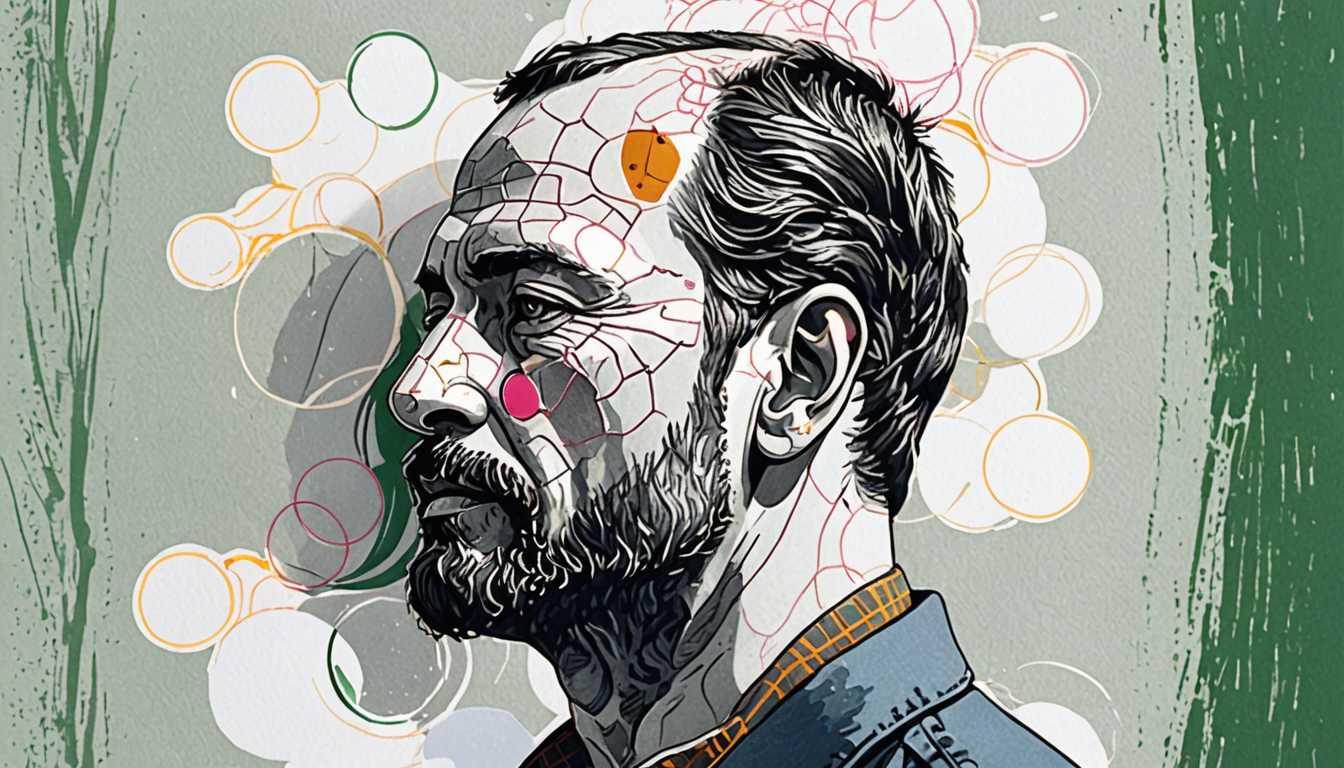Fairness in AI: The Power of Randomization
July 2024
MIT News
Introduction
Hey there, future leaders! Ever wondered how AI can make things fairer, especially when it comes to job interviews or kidney transplants? A recent article from MIT News reveals that randomizing decisions made by machine-learning models could be the key to leveling the playing field. Instead of letting biases run wild, a little randomness can ensure that everyone gets a fair shot! Dive into this intriguing study and discover how a weighted lottery could change the game.
READ FULL ARTICLEWhy It Matters
Discover how this topic shapes your world and future
Unpacking the Power of Fairness in Machine Learning
Understanding fairness in machine learning is crucial because it shapes how resources and opportunities are allocated in our society. As technology advances, companies and organizations increasingly rely on algorithms to make decisions about hiring, healthcare, and more. This reliance raises important questions - How do we ensure that these decisions are fair? What happens if algorithms reinforce existing inequalities? Researchers are exploring innovative solutions, like introducing randomization into decision-making processes to level the playing field. By learning about these concepts, you can see how they impact your future—whether it's applying for a job or receiving medical care. The implications are global, as machine learning spreads, the fairness of these systems can influence millions of lives.
Speak like a Scholar
Algorithm
A set of rules or steps used to solve a problem or complete a task, often used in computer programming to make decisions based on data.
Randomization
The process of making something random, which can help ensure fairness by preventing biased outcomes based on predetermined criteria.
Equity
Fairness or justice in the way people are treated, especially in terms of resources and opportunities, acknowledging that individuals have different needs and circumstances.
Deterministic
A type of process or model that produces the same outcome every time for a given input, which can lead to biased or unfair results if not managed properly.
Weighted Lottery
A method that combines chance with fairness, where some individuals have a higher likelihood of being chosen based on specific criteria, rather than leaving the outcome entirely to chance.
Systemic Inequality
A situation where certain groups of people face disadvantages due to established systems and structures, leading to unequal opportunities and outcomes across society.
Independent Research Ideas
Exploring Randomization in College Admissions
Investigate how a weighted lottery approach could create fairer admissions processes, ensuring deserving candidates are not overlooked.
Machine Learning in Healthcare
Examine how randomization can help in allocating resources like organ transplants, focusing on balancing fairness with medical need.
The Role of Algorithms in Job Recruitment
Research the impact of machine-learning algorithms on hiring practices, exploring how randomization could mitigate bias and improve diversity in the workplace.
Comparing Deterministic and Randomized Systems
Analyze the effectiveness of different decision-making systems in various fields, such as education or criminal justice, and their effects on fairness.
Ethics of AI in Society
Explore the ethical implications of using algorithms for social decision-making, considering how fairness and equity can be integrated into technology.
Related Articles

Are You a Real Human? Find Out!
September 2024
MIT Technology Review

AI, Intentions, and the Future Economy
January 2025
U of Cambridge Research

AI Skills: Your Salary's Superpower
October 2023
University of Oxford

AI: From Bias to Justice
March 2022
Massachusetts Institute of Technology (MIT)

AI Adventures in Minecraft: The New Frontier
November 2024
MIT Technology Review